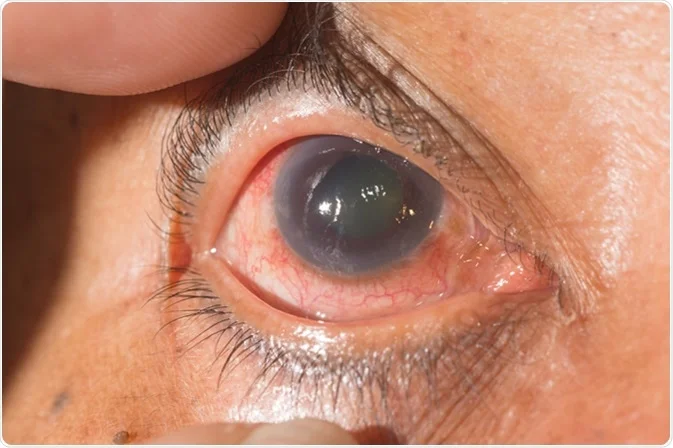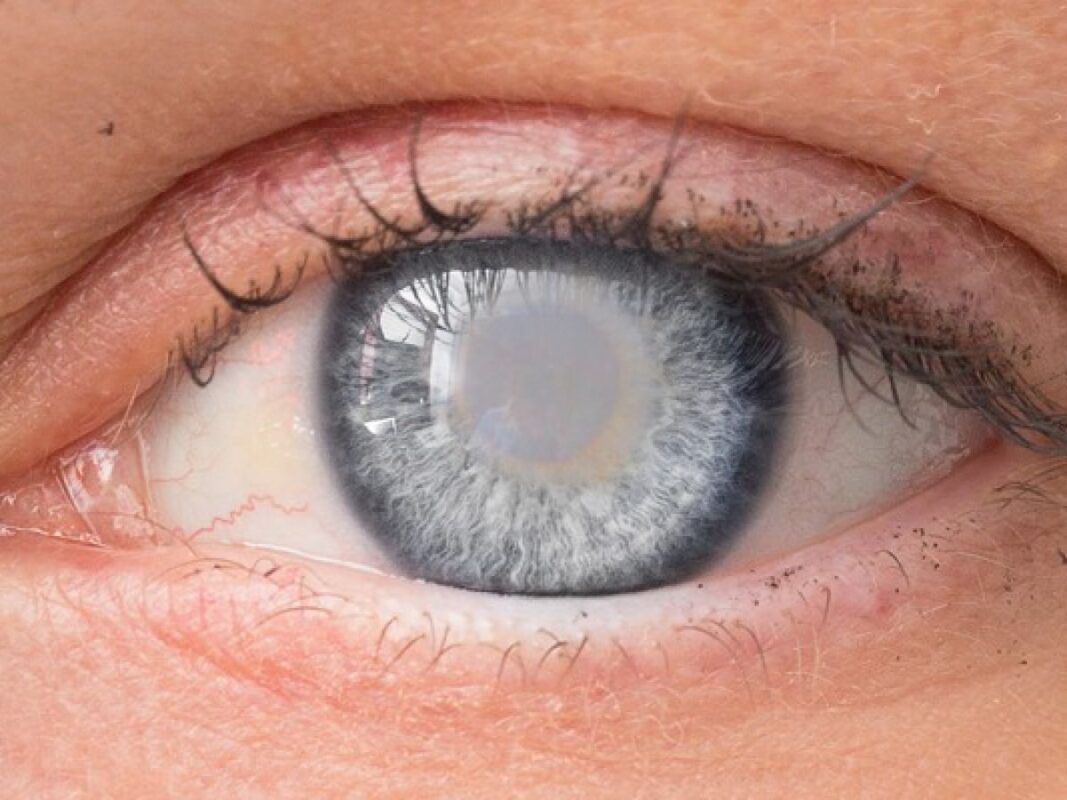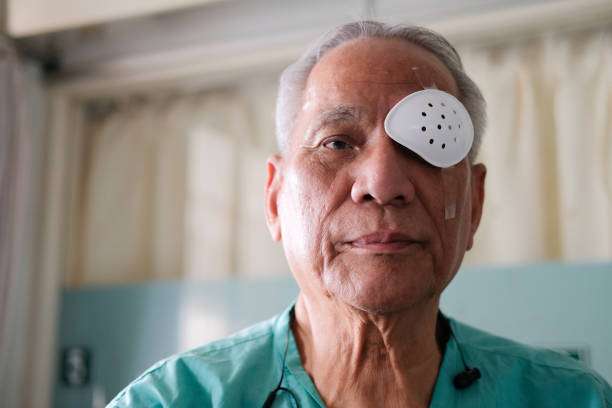Introduction:
Glaucoma, a leading cause of irreversible blindness worldwide, often develops silently, gradually impairing vision without noticeable symptoms until it’s too late. While age and genetics play significant roles in its development, emerging research highlights a strong correlation between glaucoma and diabetes ( GLAUCOMA CAUSED BY DIABETES), particularly type 2 diabetes mellitus.
GLAUCOMA CAUSED BY DIABETES:
Glaucoma encompasses a group of eye conditions characterized by damage to the optic nerve, often associated with elevated intraocular pressure (IOP). This damage results in gradual vision loss, starting with peripheral vision and potentially leading to blindness if left untreated. The two primary types of glaucoma are open-angle and angle-closure, with open-angle being the most common form.

The Diabetes-Glaucoma Connection:
Glaucoma, a group of eye diseases characterized by progressive damage to the optic nerve, can result in vision loss and blindness if left untreated. Research indicates that individuals with diabetes are at a highe The precise mechanism underlying this association is not fully understood, but several factors contribute to the increased risk
Elevated Intraocular Pressure (IOP): Diabetes can lead to changes in the structure and function of the eye, including fluctuations in intraocular pressure, which is a primary risk factor for glaucoma.
Microvascular Damage: Diabetes often causes damage to the small blood vessels throughout the body, including those in the eyes. This microvascular damage can compromise blood flow to the optic nerve, contributing to the development and progression of glaucoma.
Inflammation and Oxidative Stress: Chronic inflammation and oxidative stress, common features of diabetes, may also play a role in the pathogenesis of glaucoma by exacerbating damage to the optic nerve.
GLAUCOMA CAUSED BY DIABETES Prevention:
- Regular Eye Exams: Individuals with diabetes should undergo comprehensive eye examinations at least once a year to detect early signs of glaucoma or other eye complications.
- Blood Sugar Control: Maintaining optimal blood glucose levels through medication, diet, and lifestyle modifications can help mitigate the risk of diabetic complications, including glaucoma.
- Lifestyle Modifications: Adopting a healthy lifestyle, including regular exercise, a balanced diet, and avoiding smoking, can support overall eye health and reduce the risk of glaucoma.
- Medication Adherence: Consistently following prescribed diabetes medications and treatments can help manage the condition effectively, reducing the risk of complications such as glaucoma.
Management:
- Collaborative Care: Close coordination between ophthalmologists and endocrinologists ensures comprehensive management of both diabetes and glaucoma, optimizing treatment outcomes.
- Medication Management: Depending on the severity of glaucoma, treatment may involve prescription eye drops, oral medications, or in some cases, surgical interventions to lower intraocular pressure and preserve vision.
- Regular Monitoring: Routine eye examinations and periodic assessments of diabetic status are crucial for monitoring disease progression and adjusting treatment strategies as needed.
- Patient Education: Empowering patients with knowledge about their conditions, including the importance of adherence to medications and lifestyle recommendations, enhances self-management and reduces the risk of complications.
Author Details:
Dr. Sushruth Appajigowda holds a prominent position as a Cornea, Cataract, Glaucoma, and LASIK Surgeon in Bangalore. He serves as the chief Cataract and Refractive surgeon at Vijaya Nethralaya Eye Hospital, Nagarbhavi Bangalore. Renowned as one of the finest LASIK surgeons nationwide, he brings with him over 12+ years of experience across multiple LASIK platforms, including ZEISS, ALCON, SCHWIND, AMO, and Bausch and Lomb. Having successfully conducted over 5000 LASIK procedures, Dr. Sushruth holds the title of a Certified Refractive Surgeon and a Fellow of the All India Collegium Of Ophthalmology. Furthermore, he stands as a distinguished speaker at various National and International Forums, using his expertise to guide you in selecting the most suitable procedure based on your health requirements.

http://vijayanethralaya.com/link-in-bio/
Conclusion:
The intertwining relationship between diabetes and glaucoma underscores the importance of proactive management and preventive strategies. By prioritizing regular eye examinations, optimal blood sugar control, and collaborative care, individuals with diabetes can mitigate their risk of developing glaucoma and preserve their vision for years to come.










